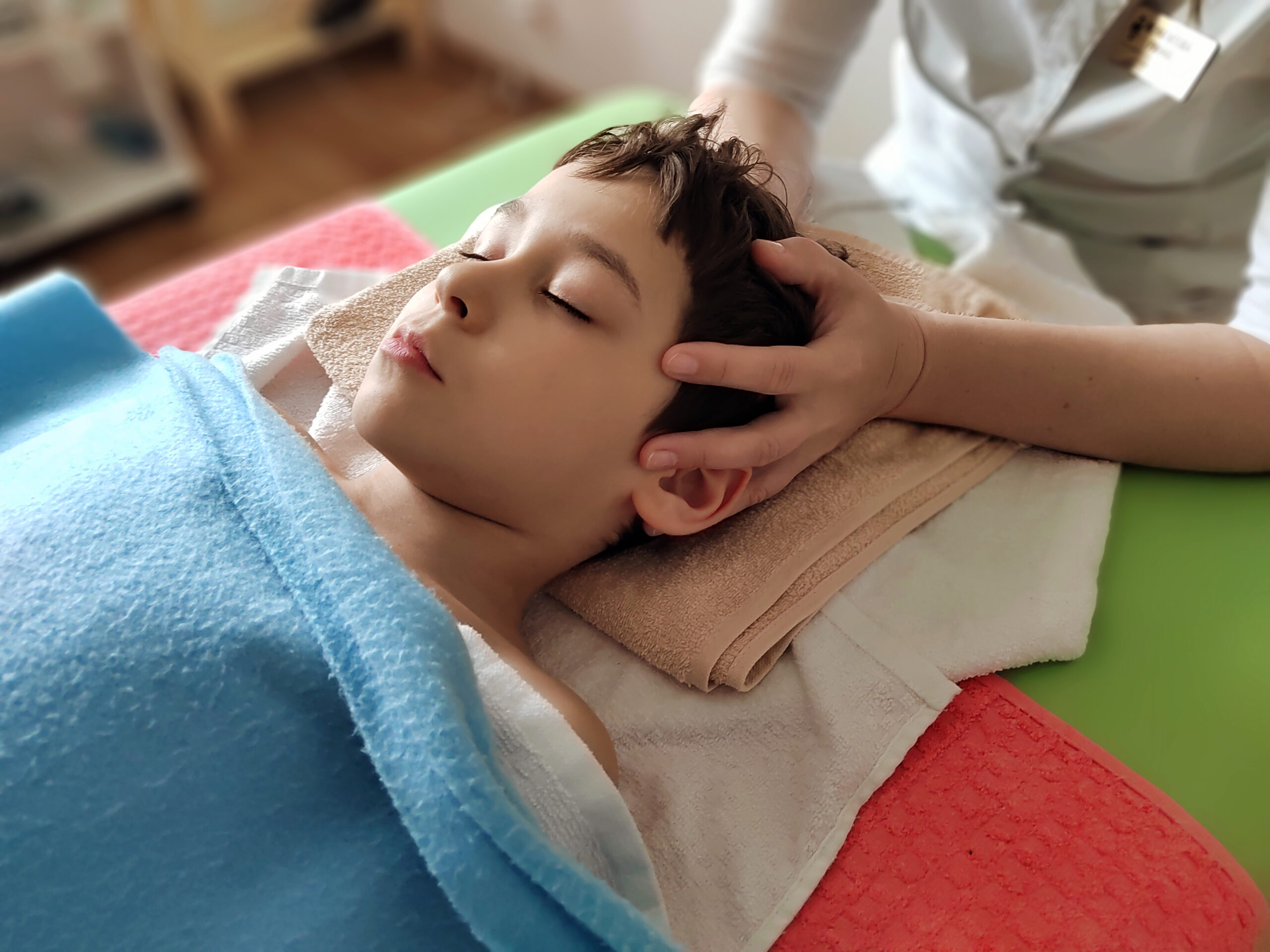Are you tired of unexplainable symptoms affecting your well-being? This article explores low progesterone in women, from irregular periods and mood swings to fertility challenges. Understanding progesterone is key to addressing these issues. We will cover symptoms, causes, diagnosis, and treatment options to help you restore hormonal balance.
Symptoms of Low Progesterone in Women
Low progesterone in women can cause various symptoms:
- Irregular Menstrual Cycles: Women may experience longer or shorter cycles, missed periods, or unusually heavy or light bleeding.
- Mood Swings: You might experience increased irritability, anxiety, or sadness.
- Physical Symptoms: These can include breast tenderness, bloating, and headaches.
- Fatigue and Sleep Disturbances: Many women report feeling tired and having trouble sleeping.
Causes of Low Progesterone in Women
Several factors can contribute to low progesterone:
- Hormonal Imbalance: Conditions like PCOS or thyroid disorders can disrupt hormone balance.
- Stress: Chronic stress can lower progesterone levels.
- Age: As women approach perimenopause, progesterone production naturally declines.
- Lifestyle Factors: Poor diet, lack of exercise, and environmental toxins can worsen hormonal imbalances.
- Medications: Some medications, including hormonal contraceptives, can affect progesterone levels.
Diagnosing Low Progesterone in Women
Diagnosing low progesterone in women usually involves:
- Review of Symptoms and Health History: Your doctor will ask about your symptoms and menstrual cycle.
- Blood Tests: These tests measure hormone levels, typically during the luteal phase (about a week after ovulation).
- Endometrial Biopsy (Sometimes): This may be recommended to check the uterine lining.
Natural Remedies to Boost Progesterone in Women
Some natural approaches may help boost progesterone in women:
- Balanced Diet: Eat foods rich in zinc, vitamin B6, and magnesium (leafy greens, nuts, seeds, whole grains). Include healthy fats (avocados, olive oil, fatty fish).
- Regular Exercise: Exercise helps reduce stress and supports hormone balance.
- Stress Management: Practice mindfulness, meditation, or other stress-reducing techniques.
- Herbal Supplements (with Doctor’s Advice): Some herbs, like chaste tree berry, may be helpful, but consult your doctor first.
Medical Treatments
If natural remedies are not enough, medical treatments for low progesterone in women include:
- Hormone Replacement Therapy (HRT): This involves progesterone pills, creams, or injections.
- Progestin: This synthetic form of progesterone may be used, sometimes with estrogen.
Discuss treatment options with your doctor.
Lifestyle Changes to Support Progesterone Balance
Lifestyle changes can also help with low progesterone in women:
- Stress Management: Techniques like deep breathing, yoga, and mindfulness can help.
- Healthy Weight: Maintaining a healthy weight through diet and exercise is important.
- Sufficient Sleep: Aim for regular, quality sleep.
Progesterone Supplements
Progesterone supplements for women are available in various forms (pills, creams, gels). They can help with symptoms, but talk to your doctor about the right dosage and type. Be aware of potential side effects.
Progesterone and Its Impact on Women’s Fertility
Progesterone is crucial for women’s fertility, especially for preparing the uterus for pregnancy. Low progesterone can make it harder to conceive. Doctors may recommend supplements to support the luteal phase. Progesterone also affects ovulation and menstrual regularity.
Conclusion and Key Takeaways
Understanding low progesterone in women is essential. If you have symptoms, talk to your doctor. They can help you find the right treatment, whether it’s lifestyle changes, natural remedies, or medical treatment. Learning about your hormones can improve your health and well-being.



